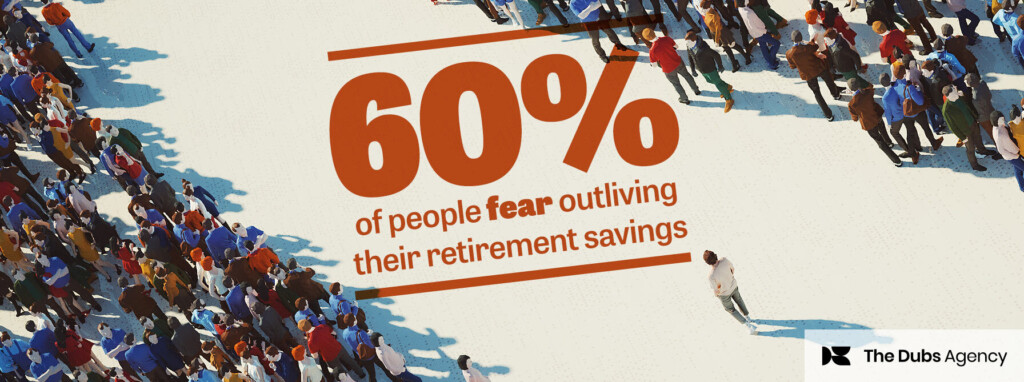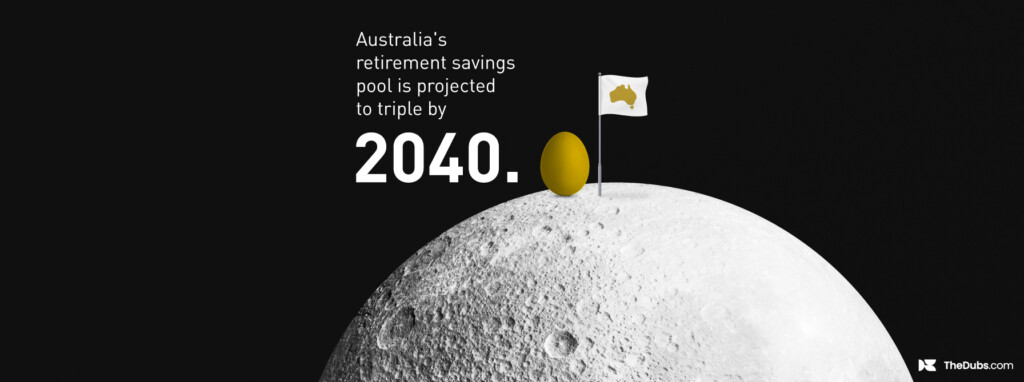Alongside all the music festivals, awards ceremonies and sporting series being cancelled across the globe, financial events are off for the foreseeable future. The Dubs founder and former financial journalist Josh Frith talks about new ways for asset and wealth managers to reach investor audiences in the wake of the COVID-19 pandemic – and in the world that lies beyond the virus.
For a relationship-driven sector like asset and wealth management, in-person and face-to-face interaction have been an absolute tentpole of marketing to advisers, institutional and individual investors. It’s how these firms have traditionally derived a large portion of their opportunities and supported their bottom line.
From town hall meetings and in-room briefing sessions to conferences set up for the wholesale and adviser market, events are a way to connect with an audience through education, whether exploring new investment opportunities, technologies and trends, or other topics specifically designed to enable advisers to maintain their accreditation.
The common wisdom is that investors don’t make decisions in isolation; they need to eyeball the investment specialists who deliver their intellect, analysis and advice in person.
Even on the retail investment side, financial firms offer everything from discreet briefing sessions to large-scale events at big hotels, for the purpose of helping clients understand the opportunities and pitfalls when restructuring their portfolios.
With the onset of Coronavirus, all of that is on hold. Not only have events been cancelled, offices are sending staff home, so the way people work has also been seriously disrupted. And that’s not going to be reversed any time soon.
In the wake of COVID-19, what do we do now?
There is no choice but to find alternatives.
Asset and wealth managers need to start looking at virtual events like webinars, social media live casts and podcasts. And rather than viewing these as second-line measures for the masses, get them baked into the DNA of your business.
“ Asset and wealth managers need to start looking at virtual events like webinars, social media live casts and podcasts.”
This isn’t a new idea. For years consultants like PwC and platforms like LinkedIn have been trying to impress upon wealth managers the idea that they don’t need to woo their customers person-to-person – their audience is already researching online and on social.
And yes, face-to-face events will return at some stage. But COVID-19 has already been a huge catalyst for change and chances are, audiences will get comfortable with building relationships digitally. This will become a trust-building fact of life for wealth and asset management.
[dianomi]
The best platforms to use?
First, you need to look at what is the natural channel to reach your audience. Today you can stream live on YouTube and Google, use LinkedIn Live, you can stream webinars live. Podcasts too – they’re already on the rise but now this channel will be catapulted into the genuine mainstream.
Also, consider what is the easiest platform to use. Simplicity is key.
Apart from social channels, there are specialist providers who can custom build platforms for you. Look to technology companies for inspiration. Adobe’s live summit, which attracted 16,000 attendees in 2019, was cancelled in 2020 and re-imagined as a free online event/resource. People are encouraged to go online to see Adobe leaders talk, demo their products and make announcements, all on-demand with content added ongoing.
The new COVID-19 content environment
Through the GFC, royal commissions and various other investigations into the finance industry around the world, reputations have been hurt. And that’s being addressed. But through it all, the firms’ actual internal skill hasn’t been in question. It’s accepted that wealth and asset managers have the ability to understand the financial impacts of COVID-19, digest them and articulate that for all of us.
Ideally, we’d have the government looking after the pandemic, central banks looking after the core economy, and the financial brands looking after the professional investors, and to a lesser extent, retail investors. While economic disasters bring terrible economic impacts for society, they also throw up massive investment opportunities. So institutional and professional investors need to look at their portfolio structures and determine how they should be altered and geared up to be ready for opportunities in the near future, and to keep capital moving through international markets. All with the benefit of insights and analysis from a trusted source.
Socially amplified content will have an important role in the COVID-19 environment – if financial firms are prepared to step up and take responsibility. If we have people being educated like they’ve never been educated before, not only is it bringing awareness for investors, but it leaves a legacy of trust that will last long after all this has passed.
Why content is worth the time and resources
Most wealth firms don’t have strong knowledge in this area. For instance, a webinar can present in many guises – it could be a live event with people talking and charts on screen; it could be pre-recorded, it could be an animated explainer series.
That throws up questions like: what is it I’m giving to investors, how is it structured, who is it going to, how will it be utilised, which option will best deliver my message?
The most important thing is to keep committed to your content and marketing efforts to stay front of mind with your intermediaries. If you’re lacking in the requisite resources or skills (or time) to make it happen, find an agency partner with the creative and tech knowhow to help you set up and structure presentations to suit your channels. Get in touch to find out how The Dubs can help.









